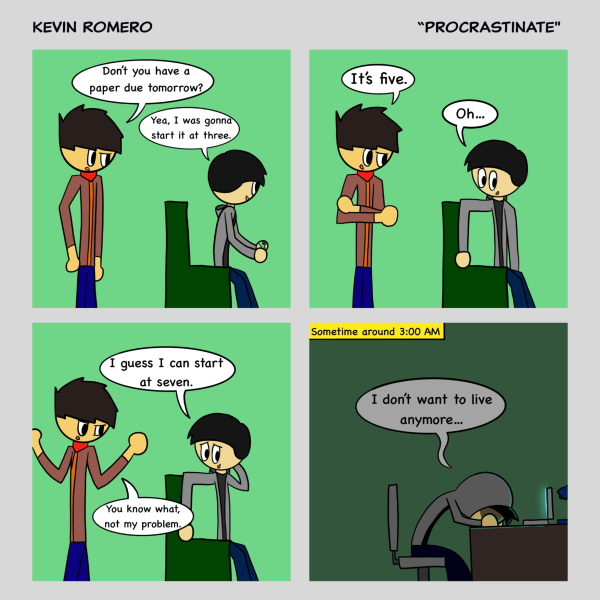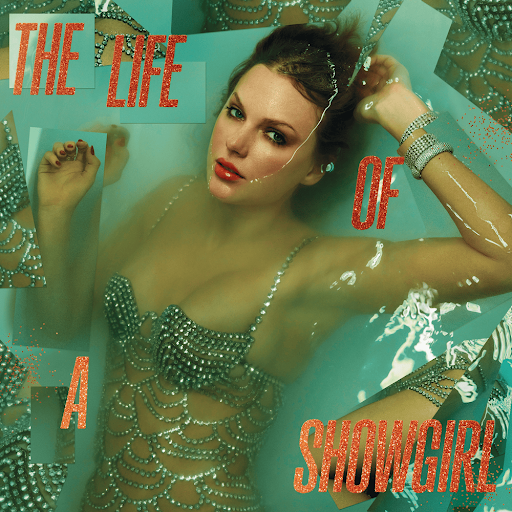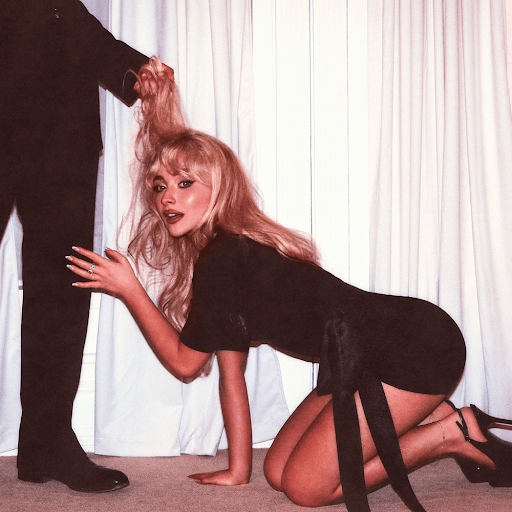Much Ado About Stardust: Fall Out Boy’s “So Much (For) Stardust” (2023)

Image courtesy of Metacritic
For the 2000s teenage malaise of the bohemian, eyeliner-smudged “emos,” Fall Out Boy manifested the teeming emotions of adolescence, checking off the right boxes for despondent teens to identify with. Heartbreak infused with melodrama? Check. Devil-may-care lyrical apathy? Check. Coining “car-crashed hearts” and “overcast kids” for listeners to align with? Check. Disdain for “this small town”? Check. An inflated contrarian ego? Check.
Enthralling the pop-punk masses with the melodic hooks and mercurial lyricism since 2003, Fall Out Boy’s musical divinity has morphed over the years. “From Under The Cork Tree” established their sour musical attitudes and bittersweet emergence onto the music scene. “Infinity on High” upped the disgruntled ante by fully rejecting sensationalized fame. “Folie A Deux” marked their biggest sonic shift with an emphasis on theatricality, a motif that critics and fans at the time were very critical of.
Merging more into pop territory, the band reentered the scene in 2013 with “Save Rock and Roll” followed by the radical “American Beauty/American Psycho” and the divisive “MANIA.” Were these new experimentations of musical styles met with positive reactions? Not necessarily but even at their most polarizing, there was still an air of integrity at the core of their newer works. While MANIA repelled older fans for its experimental flair, for instance, one could still appreciate the candid approach the band took in portraying the manic messiness of bipolar disorder.
In a word, 2023’s “So Much (For) Stardust” embodies theatricality, less with the lyrical punchiness of “Folie A Deux” but with just enough vitality to make it one of their best endeavors.
Introducing the lyrical subjects of dystopian paranoia, starry neuroticism, sardonic realism, and evanescing fame, this new record masterfully connects its subject matter and witty pop culture references with histrionic vocalization, lushly orchestral string sections, and crashing guitar passages.
Released in January 2023, “Love from The Other Side” marked the official renewal of Fall Out Boy, a reincarnation of the starry sounds of “Infinity on High” complete with dulcet strings and an erupting symphonic rock melody. Much of the lyricism read as a perilous epic from “the other side of the apocalypse” and navigating a cutthroat world where “there’s no way off the hamster wheel of this rat race.” In essence, the track also inspires perseverance, a way of not going gently into that good night that poet Dylan Thomas had once urged.

The “cry a little, cry a lot” symphonies of “Heartbreak Feels Good” illustrates a paradox of blue moods through a “so bad, it’s good” scope. From endless roads to friendless climbs, the track signals an urgency to “dance our tears away” and to find musicality in the abyssal moodiness of heartbreak. The dysfunctional fun of “Hold Me Like A Grudge” flirts with the idea of love that displaces the fevered unrest of the world. In a world that never rests, having someone to accompany you through such a frenzied hellscape can make all the difference even if it becomes a situation of being a “part-time soulmate, full-time problem.” The funk rock flavor of the track is accentuated through an almost triplet flow–fused singing from lead singer Patrick Stump and a syncopated bass part, reminiscent of Michael Jackson’s “Smooth Criminal.”
Lyricist Pete Wentz encapsulates could-have-been blues and unkept promises on the tearfully sunless “Fake Out.” Reflective of the doubts of someone struggling with a mental illness, the tune laments on plans that never came to fruition and ruminates on the ghost of past mistakes, doubting the possibility of anything getting better. For the average person with a mental illness, doubt is a constant, festering endlessly and spawning hopelessness in its wake; not only does the neurotic mind feel buried alive, as illustrated by the song, but there is this unshakable paranoia when it comes to love. “Do you laugh about me whenever I leave or do I just need more therapy?” becomes one of the most visceral statements of not only the track but the entire record.
“Heaven, Iowa” begins as a heavenly soundscape before erupting into an arena rock rager with soulful harmonies from Patrick Stump. Its sublimity mixed with lyrical references to films such as “Mulholland Drive” and “A Star Is Born” makes it the most exalted cut in the tracklist. Most notably, the dark proclamation of “scar-crossed lovers forever” has a “till death do us part” quality about it that epitomizes the track’s poetry and plays up the album’s more melodramatic aesthetics. Trading in the melodrama for unequivocal ecstasy, “So Good Right Now” displaces doom and gloom with a happy-go-lucky sentiment of living in the moment. Even the more neurotic references to crashing and burning and self-destruction can’t upset the invigorating overtones that sugary guitar passages and Stump’s exuberant upper register establish, making it much too delightfully corny to dislike even it’s silly “oh-oh’s”.
A tricky string section, a collision of brass instrumentals and infectious guitar licks: a recipe of orchestral sublimity that makes “I Am My Own Muse” on par with “Heaven, Iowa” in terms of theatrical surrealism. Exhibitionism fuels this tune from start to finish, reaching a sonically euphoric pinnacle by the bridge and concluding dramatically as the strings, brass, and guitars culminate chaotically. With regard to poetic value, many lines detail crushed dreams as signified by “drop a bomb on all the things we dreamed about” as well as creative insecurity that may refer to the poor reception of “MANIA.”
Doused in loneliness, “Flu Game” bitterly details a lover-to-stranger fallout while promoting post-breakup perseverance with “all this love I’ve got to keep to myself” and “all this effort to make it look effortless.” The snappy guitar leads, distinctly sung “you’s” during the hook and the annoyingly infectious “na-na-na’s” give this song a flamboyant character reminiscent of the devil-may-care sentiments of Fall Out Boy’s earlier discography.
A snapshot of Fall Out Boy’s career trajectory, “The Kintsugi Kid (Ten Years)” pieces together the high-low lives of the band members from mental issues to substance abuse. Confessional and heartbreakingly wistful at times, the song reflects the fluctuating passage of time and muses over the turbulence of ten years, most likely in reference to the ten years since the band made a comeback with “Save Rock and Roll.” Even so, the song seems to signal positive growth and mental stability in the span of a decade, a glimmer of hope for struggling listeners.
Relying on the juxtaposition of major key instrumentation and sickly sweet guitars with concerning lyricism, “What A Time To Be Alive” muses over societal decadence, adopting sardonic nuance through Stump’s sharp vocal deliveries. With direct reference to pre-pandemic nostalgia, how the world used to be “before our dreams started bursting at the seams” and the worsening mental health crisis, the song is grimly mirthful, ending each despairing instance with “What A Time To Be Alive” delivered in cynical amusement. However, some lines such as “Everything is lit except my serotonin” don’t deliver as much of a lyrical punch as they could to truly sell the song.
For an electrifying curtain call of the album’s themes, the title track provides listeners with a poignant string orchestration that shifts into a bitter minor-key piano arrangement. Being a requiem for love not meant to be, this track imbues the moody musicality of “Infinity On High”. Its lyricism illustrates self-destructive disquietude with head-turning one-liners such as “I feel like something that’s stretched out over and over again,” and “Ache it til’ you make it” contributing to the most formidable of depressions. There is a dejected iciness to Stump’s resonant lower register vocal passages that are traded for perilous high notes that pierce through the hook Tying all the tracks together, it is a rapturous send-off to this 45-minute musically theatrical excursion.
For all its theatrical value and poetical merit, “So Much (For) Stardust” scratches a collective itch for Fall Out Boy fans with a semblance of sounds from the band’s bygone days mixed with freshness and relevancy with the current times. It is not without its pitfalls, most notably the awkwardness from the interludes of Ethan Hawke’s “The Pink Seashell” and Pete Wentz’s spoken-word piece and lyrical hit-or-miss “Baby Annihilation.” But, in practice and execution, this album mostly delights and excites, relying excellently on theatrical arrangements and exhilarating orchestral symphonies that juxtapose more sensitive topics.
Arguably one of Fall Out Boy’s most skillfully avant-garde projects since “Folie A Deux,” “So Much (For) Stardust is…an 8/10.










